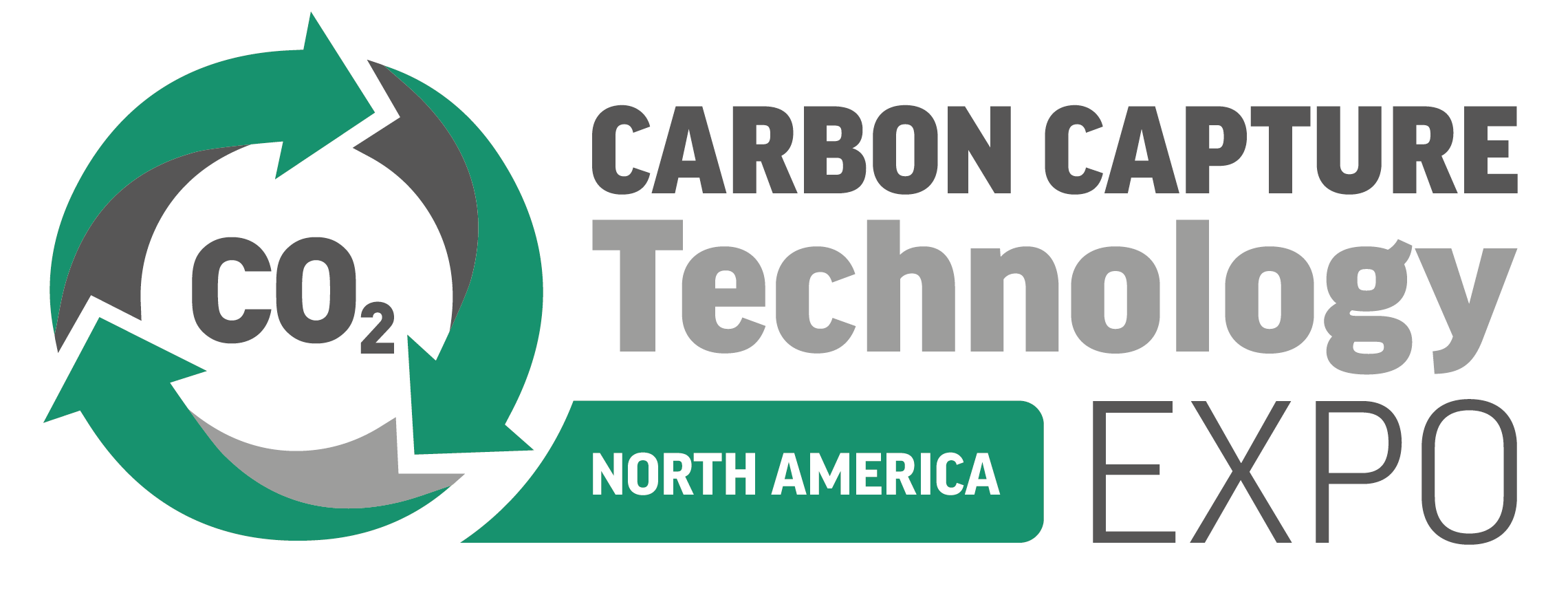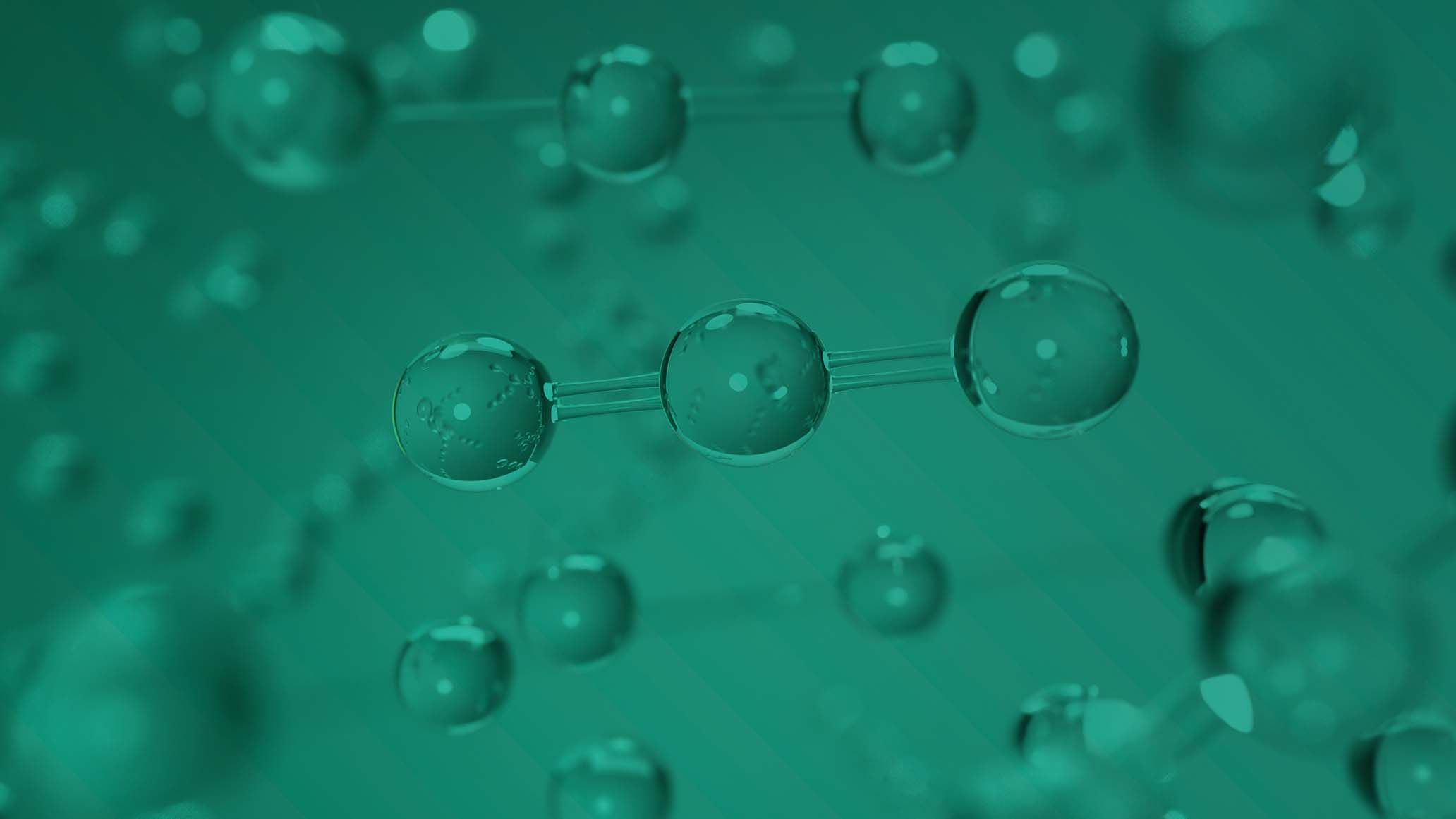Silicate has started trialling the use of concrete dust on farms in an innovative approach to tackling climate change
)
Silicate is a new tech company, based in Sligo, who have developed an ‘enhanced weathering technology’ which is designed to remove millions of tons of Co2 from the atmosphere through using concrete dust.
Through lots of research and experiments, it has become clear that concrete dust could be another method to removing Co2 from the air and storing it permanently, as studies have shown that concrete dust could permanently sequester a maximum of 100 tons of Co2 from the atmosphere. Silicate is preparing for its first trial of this new method, which will take place in the US and will be hoped to achieve successful sequestration of an approximate 100 tons of Co2 from the atmosphere, which will then be held and stored in the ocean for tens of thousands of years.
The process will work through spreading 500 tons of waste concrete which has been crushed, onto 50 acres of farmland in Chicago. The next part of the process will take several months and it will see the crushed concrete breaking down within the soil and initiating a process called ‘enhanced weathering’. This process is known as chemical weather and it involves rocks being eroded by rainwater over millions of years and through this, sequestering carbon dioxide from the atmosphere which will transform the rock and Co2 into bicarbonate. This product is then washed into rivers or the sea where it will either continue to remain stored in its current dissolved form, or will be locked into the seabed. The benefits of adapting this process to enhanced weather, as Silicate have developed, is that the process is sped up through adapting the silicate rocks through milling, which will generate a higher reactive surface area in the rock, meaning more carbon can be captured from the air.
However, Silicate has chosen to adapt this process further by changing its substance from a rock, to concrete dust, effectively utilising one of the largest forms of waste within the world. To do this, Silicate purchases waste concrete from companies, which has been left over after construction, and they take this concrete, pulverise it and spread it over the farmland. They do not charge anything to spread the concrete, but once they have measured how much carbon has been sequestered, they sell that amount in carbon removal credits to industries, corporations and businesses, to help them reduce their carbon footprint.
Silicate CEO and co-founder, Maurice Bryson, commented, “We believe our approach of using returned concrete to improve both the productivity and the carbon removal potential of farmland could be game-changing, as it is low-cost, it is safe to apply to agricultural land, and it uses an abundant material that is easy to source.”
The next steps for this innovative project is to test it on different soil types, as concrete improves the soil and this could mean that this method could also be effective in multiple areas around the world.



)
)
)
)
)
)
)



)
)
)
)
)
)
)
)
)
)
)
)
)
)
)
)
)
)
)
)
)
)

)

)
)
)

)
)
)
)
)
)
)
)
)
)
)

)

)
)
)
)
)
)
)
)
)
)


)
)
)

)
)
)

)
)
)
)
)

